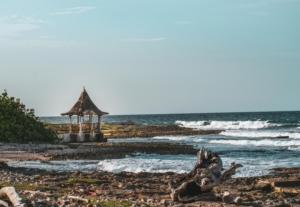 On October 18, 2024, Jamaica’s government and the World Bank announced a $12 million investment to renovate Kingston’s Waterfront. The project aims to boost tourism, improve job accessibility and reduce poverty in Jamaica. This development is promising for Jamaica, where poverty in the area has made it challenging for many residents to sustain themselves.
On October 18, 2024, Jamaica’s government and the World Bank announced a $12 million investment to renovate Kingston’s Waterfront. The project aims to boost tourism, improve job accessibility and reduce poverty in Jamaica. This development is promising for Jamaica, where poverty in the area has made it challenging for many residents to sustain themselves.
The revitalized Waterfront has the potential to invigorate the local economy. Nigel Clarke, former Jamaica’s Minister of Finance and Public Service, commented: “This government is creating public spaces to serve the Jamaican people. This will revitalize downtown Kingston.”
The Timeline for Waterfront Renovations
Phases one and two of the Kingston Waterfront Improvement Project, known as KIWI, will run from 2024 to 2030. The project’s first phase will fund the creation of a multi-use park along Kingston’s waterfront. It will feature recreational amenities like bike paths, playgrounds, sports fields, street furniture and landscaped areas.
The second phase will “focus on the park’s construction, small-scale infrastructure works and urban upgrading.” The total amount that the budget covers for both phases is approximately $40 million. This large sum will work to reestablish Jamaica’s economy by its inherent benefit to the community. This could benefit around 700,000 Jamaicans by providing them with new job opportunities in the tourism sector, retail or small business booths in downtown Jamaica.
Kingston’s Waterfront Statistics and Employment Rate
In September 2022, Jamaica’s economic enrichment statistics from tourism indicate how urbanization of Kingston’s waterfront has the potential to further fortify its economy. Tourism keeps Jamaica involved in foreign commerce, building its independent value. Statistically, tourism in Jamaica directly employs 175,000 Jamaicans and indirectly employs around 354,000.
Professor Lloyd Webber highlighted tourism’s necessity in Jamaica by saying that consistent efforts must be made toward the Jamaican economy to maintain Jamaica’s status as a tourism hotspot. The Kingston Waterfront would do just that, building jobs, a more bustling economy and community cohesion, which would mitigate crime rates inherently.
Long-Term Jobs Create Long-Term Solutions for Islanders
While Jamaica is known as a bustling island nation, it faces significant socioeconomic challenges, including poverty and crime. According to the World Bank, approximately 17% of Jamaica’s population lives in poverty, with low-quality jobs leaving many Jamaicans vulnerable to economic shocks.
According to Graeme Young, “a Research Fellow at the University of Glasgow,” the lack of sustainable jobs makes it difficult for Jamaicans to afford nutritious food. Young argued that government policies fail to address the root issue: supply and demand. Young also highlighted Kingston’s primary challenges: low sales and insufficient customers.
Therefore, the renovation of Kingston’s Waterfront presents an opportunity to rebuild the economy, creating a vibrant, safe environment that benefits tourists and locals alike, whilst reducing poverty in Jamaica.
– Madeline Star Heintz
Madeline is based in Los Angeles, CA, USA and focuses on Business and Good News for The Borgen Project.
Photo: Pexels
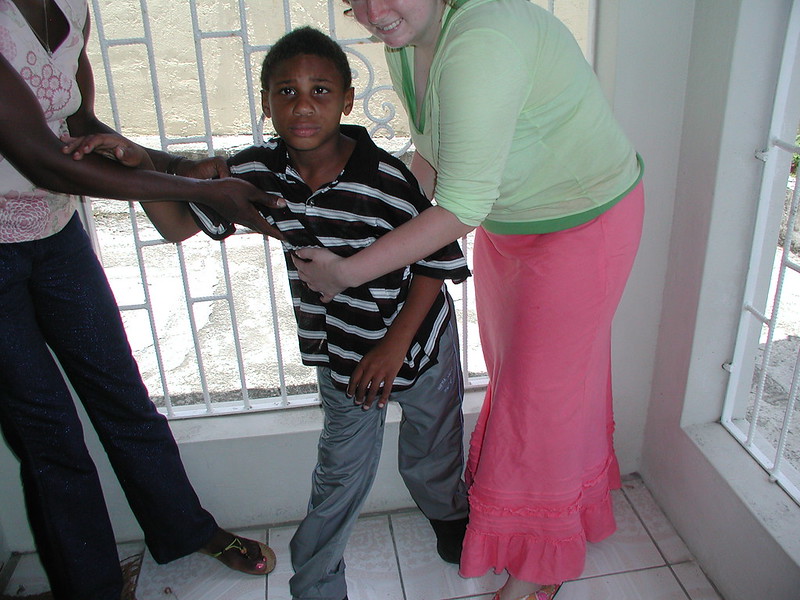 Disability and poverty in
Disability and poverty in 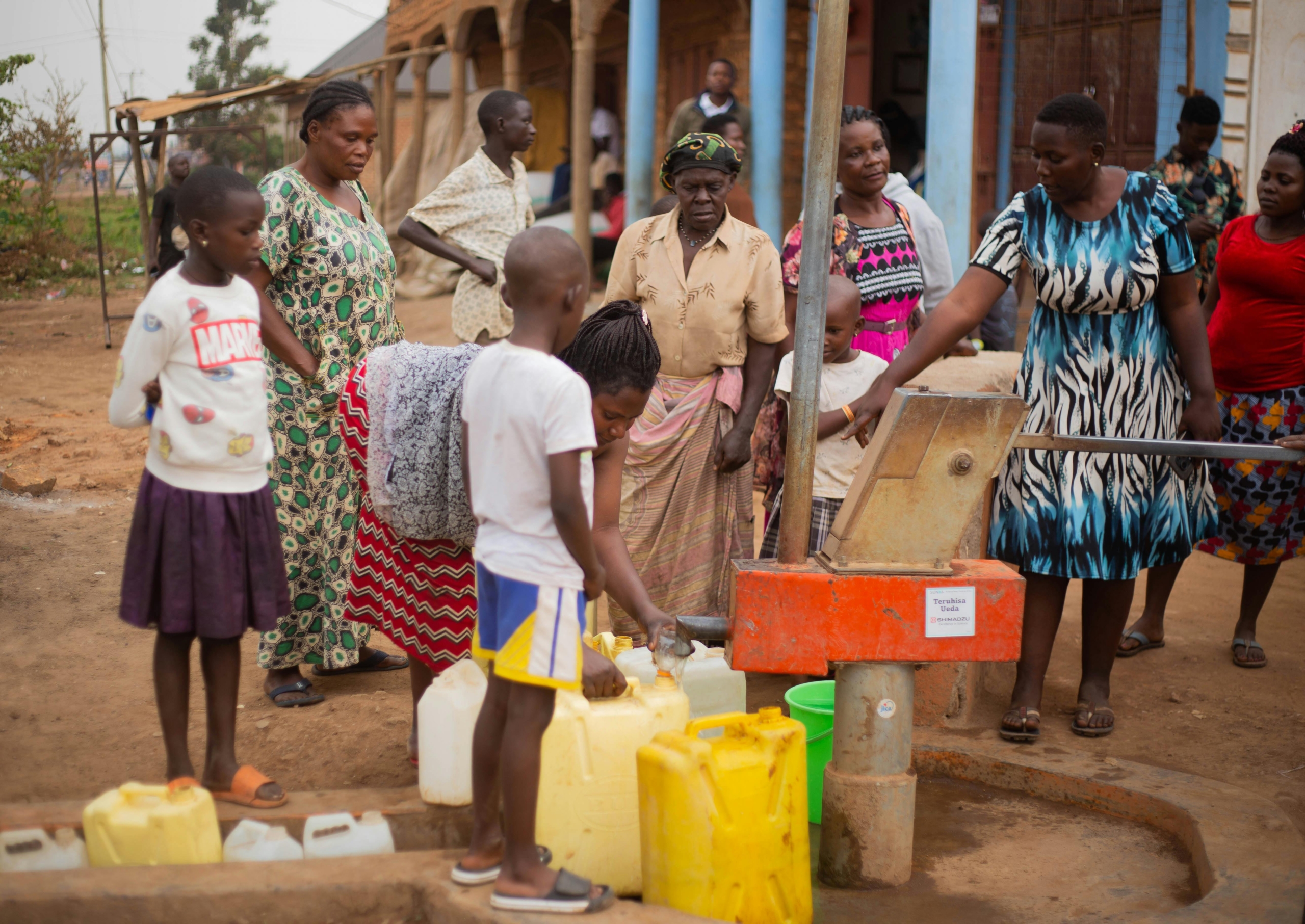
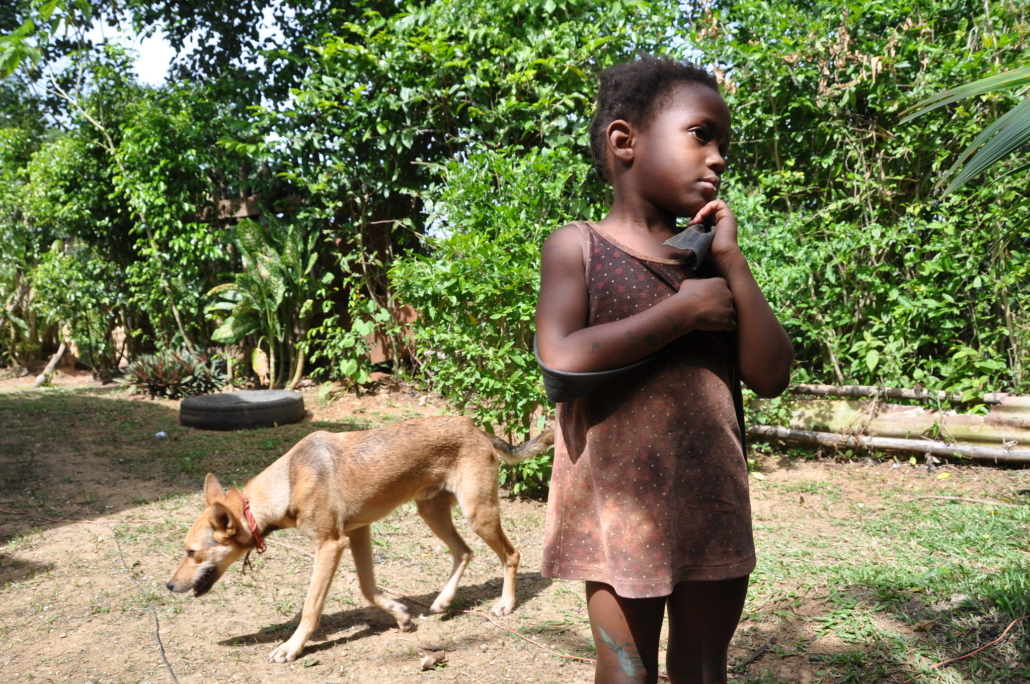
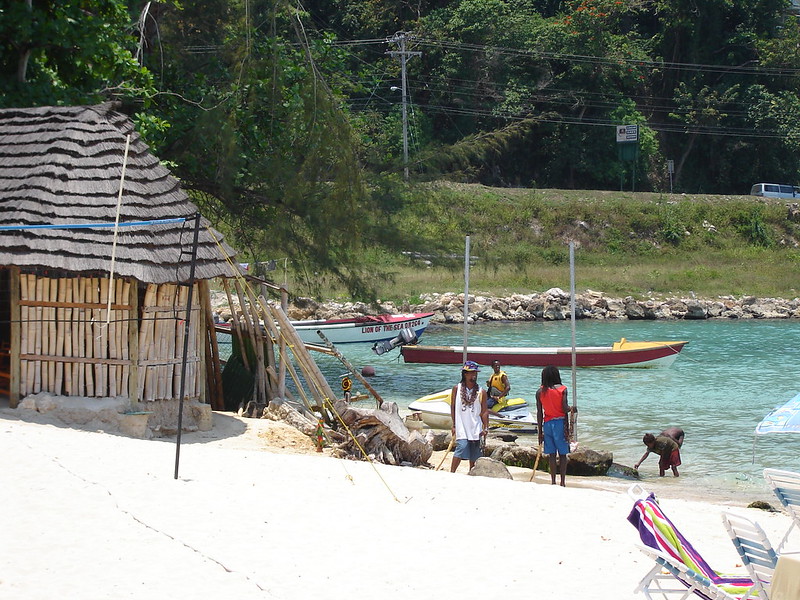
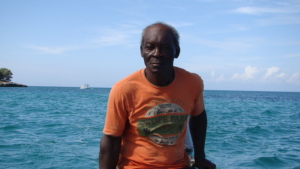 Among the vibrant rhythms of reggae music, the serene sound of the Caribbeans’ turquoise water lapping at Jamaica’s shores, lies the harsh reality of elderly poverty. Behind a picturesque view of the island lives a significant portion of Jamaica’s elderly population, grappling with
Among the vibrant rhythms of reggae music, the serene sound of the Caribbeans’ turquoise water lapping at Jamaica’s shores, lies the harsh reality of elderly poverty. Behind a picturesque view of the island lives a significant portion of Jamaica’s elderly population, grappling with 
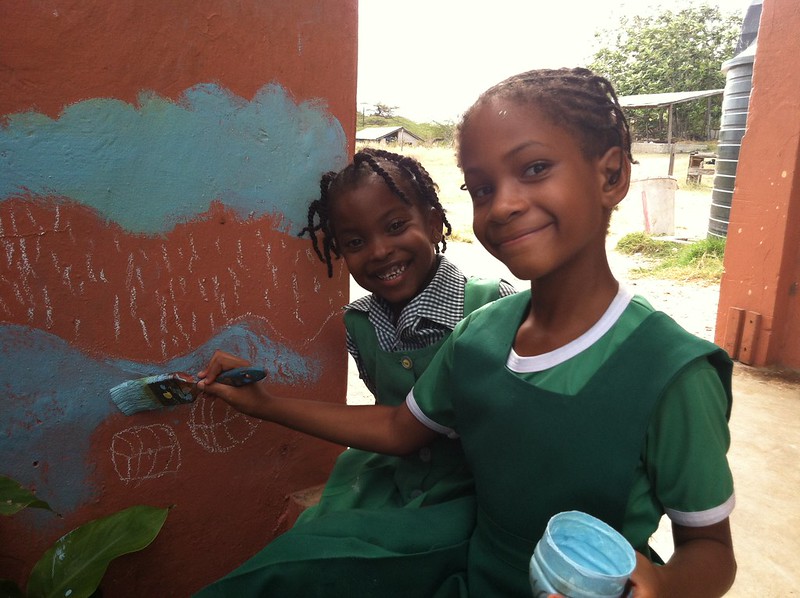 In Jamaica, period poverty affects
In Jamaica, period poverty affects 
 USAID has been
USAID has been 